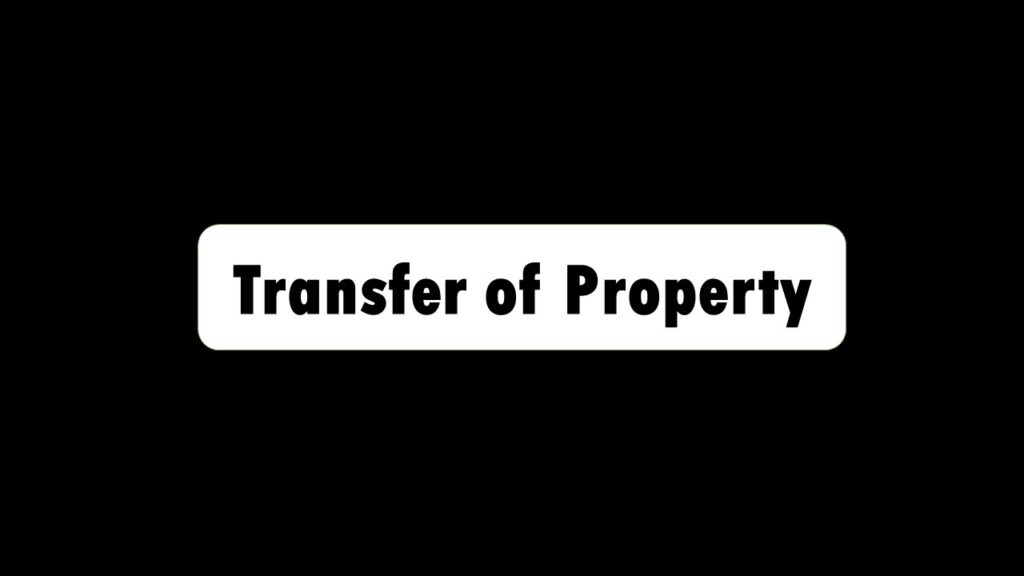Kale & Ors. vs. Deputy Director of Consolidation & Ors. [(1976) 3 SCC 119]: Supreme Court of India
Essentials of a family settlement which give it a binding effect
9.…..
A family arrangement by which the property is equitably divided between
the various contenders so as to achieve
an equal distribution of
wealth instead of concentrating the
same in the
hands of a
few is undoubtedly a milestone
in the administration of social justice.
That is why
the term “family”
has to be understood in a wider sense so as to
include within its fold not only close relations or legal heirs but even those
persons who may have some sort of antecedent title, a semblance of
a claim or
even if they
have a spes successionis so that future disputes
are sealed for ever and the family instead of fighting claims inter se and
wasting time, money and energy on such fruitless or futile litigation is
able to devote
its attention to
more constructive work in the larger interest of the country. The courts
have, therefore, leaned
in favour of upholding a family arrangement instead of
disturbing the same on technical
or trivial grounds.
Where the courts find that the
family arrangement suffers from a legal lacuna or a formal defect the rule of
estoppel is pressed into service and is applied to shut out plea of the person
who being a party to family arrangement seeks
to unsettle a
settled dispute and
claims to revoke the
family arrangement under
which he has himself enjoyed some material benefits.
……
10. In other words to put the binding
effect and the essentials of a family settlement in a concretised form, the
matter may be reduced into the form of the following propositions:
(1) The family settlement must be a bona
fide one so as to resolve family disputes and rival claims by a fair and
equitable division or allotment of properties between the various members of
the family;
(2) The said settlement
must be voluntary
and should not be induced by fraud, coercion or undue influence;
(3) The family arrangement may be even
oral in which case no registration is necessary; (4) It is
well settled that registration would
be necessary only if the terms of the family arrangement are reduced
into writing. Here
also, a distinction should be
made between a
document containing the terms
and recitals of
a family arrangement made under the
document and a mere memorandum prepared
after the family arrangement had already been made
either for the purpose of the
record or for
information of the court
for making necessary
mutation. In such
a case the memorandum
itself does not
create or extinguish any
rights in immovable
properties and therefore does
not fall within the mischief of Section 17(2)
of the Registration Act
and is, therefore, not
compulsorily registrable;
(5) The members who may be parties to
the family arrangement must have some antecedent title, claim or interest even
a possible claim in the property which is acknowledged by the parties to the
settlement. Even if one of the parties to the settlement has no title but under
the arrangement the
other party relinquishes all its
claims or titles in favour of such a
person and acknowledges him
to be the
sole owner, then the antecedent title must be assumed and the family
arrangement will be upheld and the courts will find no difficulty in giving
assent to the same; (6) Even if bona fide disputes, present or possible,
which may not involve legal claims are settled by a bona fide
family arrangement which
is fair and equitable the family arrangement is
final and binding on the parties to the settlement.
38. …
Assuming, however, that
the said document was
compulsorily registrable the
courts have generally held that
a family arrangement being binding
on the parties
to it would
operate as an estoppel by preventing the parties after
having taken advantage under the
arrangement to resile
from the same or try to revoke
it. …..”
42. ..…
In these circumstances there can be no doubt that even if the family
settlement was not registered it
would operate as
a complete estoppel
against Respondents Nos. 4 and 5. Respondent No. 1 as also the High
Court, therefore, committed substantial error of law in not giving effect to
the doctrine of estoppel as spelt out by this Court in so many cases. …”
